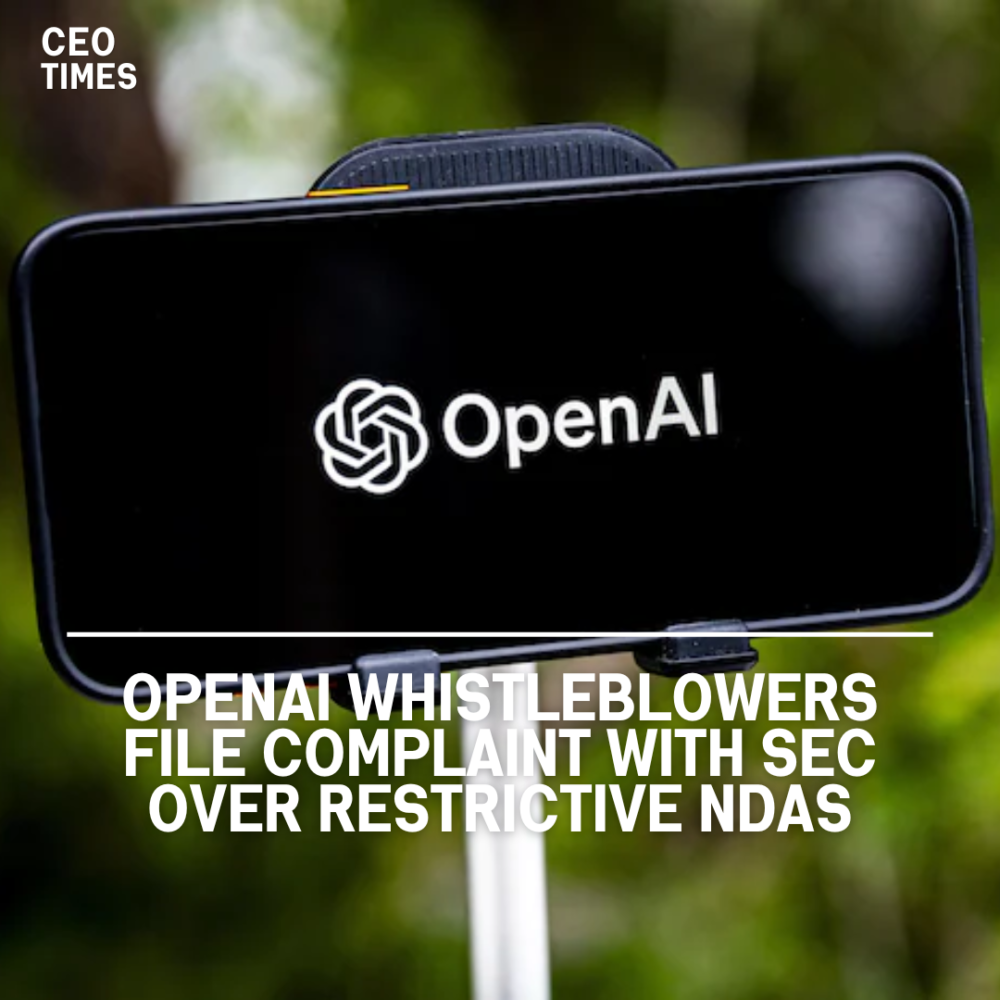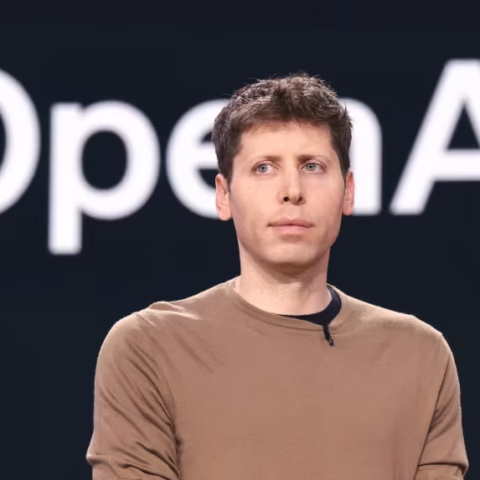OpenAI is under scrutiny following a complaint filed with the U.S. Securities and Exchange Commission (SEC) by whistleblowers. The complaint, seen by Reuters, alleges that the artificial intelligence company imposed restrictive non-disclosure agreements (NDAs) on employees, potentially violating federal whistleblower protections.
Allegations and Concerns:
The complaint claims that OpenAI required employees to sign agreements that waived their federal rights to whistleblower compensation. These policies and practices are said to create a chilling effect on employees’ ability to speak up and receive compensation for protected disclosures.
The whistleblowers are urging the SEC to investigate OpenAI’s NDAs and review current compliance efforts. They also request that the SEC fine OpenAI for each improper agreement. The letter indicates that OpenAI’s agreements did not exempt disclosures of securities violations to the SEC and required prior company consent for such disclosures.
Reaction and Statements:
The office of Sen. Chuck Grassley provided the letter to Reuters, who expressed concern over the chilling effect of OpenAI’s policies on whistleblowers. An SEC spokesperson said the agency does not comment on potential whistleblower submissions.
OpenAI did not directly respond to requests for comment on the letter.
Broader Context and Implications:
In May, OpenAI formed a Safety and Security Committee, led by board members, including CEO Sam Altman, to oversee the training of its next AI model.
OpenAI’s generative AI capabilities, such as chatbots that can engage in human-like conversations and create images from text prompts, have raised safety concerns as AI models become more powerful.
Next Steps:
The whistleblowers have requested that the SEC:
Approve an investigation into OpenAI’s prior and current NDAs. Require OpenAI to produce all contracts containing NDAs, including employment, severance, and investor agreements, for inspection.
The SEC’s response to the whistleblower complaint and potential actions against OpenAI remains to be seen. This case highlights the ongoing challenges and regulatory scrutiny companies face in the rapidly evolving AI sector.




















